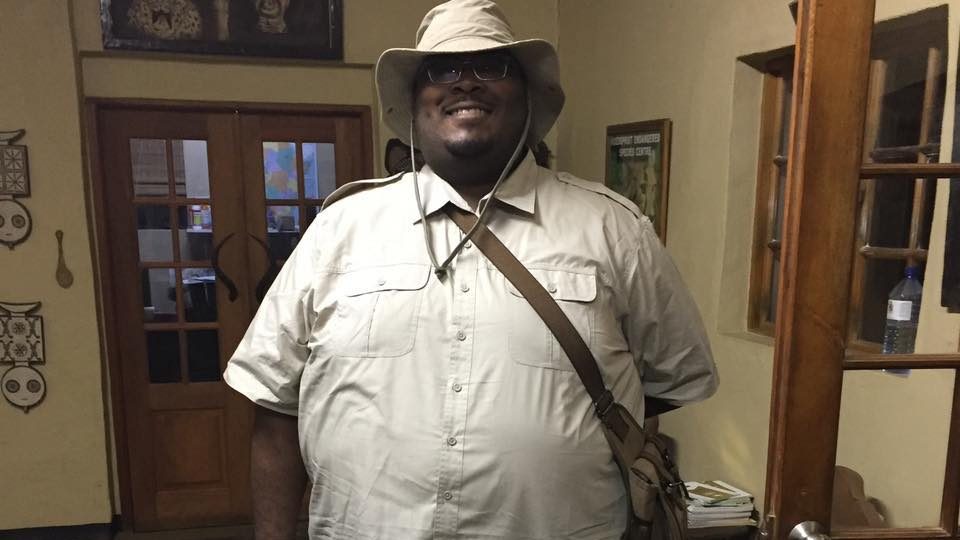Researcher Spotlight – Andre Taylor

2018-19 Global Change Fellow
M.A. Student, Department of Public History
Advisor: Dr. Tammy Gordon
Every year the Southeast Climate Adaptation Science Center funds a multi-disciplinary cohort of Global Change Fellows representing colleges across NC State University. Here are some highlights about 2018-19 Fellow, Andre Taylor, and the applied research he’s conducting.
About You
What do you study?
I study Public History and I use various methodologies, mostly oral history collection and videography, to present the findings from my research. Some people question what is Public History? Well, according to the National Council on Public History, “public history describes the many and diverse ways in which history is put to work in the world.”
What (or who) influenced you to go into this field of study?
For years I have been interested in history and research and Public History allows me to look at a problem and try to figure out answers to the historic issue and present it in a way that others outside of the discipline can understand.
What do you think is the most pressing issue related to global change?
Finding ways to cultivate produce in the face of sea level rise is the most pressing issue for the Gullah/Geechee people in South Carolina. Not only do they stand the risk of losing their homes and land, they also face losing their farming culture, which has been a part of their lives since they arrived in the United States in the 1700s and before when they were in Africa.
What is your dream job?
I would love a job in academia where I can teach Public History with a focus in oral history collection and documentary development. I am using these methods in my research and expect to develop a long piece that explains culture and climate change and how one affects the other.
About Your Research
What is your favorite part of the research that you get to do?
I love being in the field talking with people about how climate change has prompted them to adapt in an effort to preserve their culture. Actually being on the farms and gardens are the most interesting part of my research because you’re not only hearing what the farmers are saying but you get to see the changes they’re experiencing.
What are some potential real-world applications of your research?
As climate change and sea level rise forces people from their coastal homes, my research presents methods of adaptation in an effort to preserve the farming culture of the Gullah/Geechee people.
About Your Global Change Fellow Experience
How does the SE CASC Global Change Fellows Program impact you and your work?
I’ve been exposed to the scientific side of my research through the Fellows program. I had a minimal knowledge of the scientific side and now, I feel equipped with the knowledge to go forward successfully in my research.
What advice would you give to a student who is interested in getting involved in your field?
Be prepared to spend a significant amount of time reading and preparing to meet with your subjects. The worst thing you can do is go to speak with someone and not know anything about him or her or the subject matter.
- Categories:
